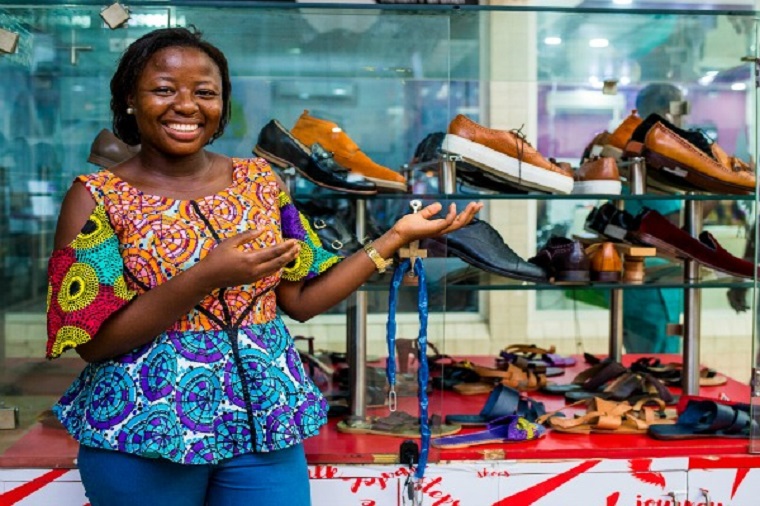 Africa has seen the highest growth among businesses run by women in recent years. This would appear to be good news: entrepreneurship is arguably crucial for job creation and economic growth.
Africa has seen the highest growth among businesses run by women in recent years. This would appear to be good news: entrepreneurship is arguably crucial for job creation and economic growth.
But the flip side of this data is that businesses run by women are less likely than those run by men to grow because of a higher fear of business failure. This is not because women are bad entrepreneurs. Instead, it’s because they often start from a lower base.
They have less start-up and investment capital, and possess little or no collateral security. This limits access to loans and credit. They are also affected by exclusion from certain sectors, as well as insufficient staff numbers. All these factors affect the growth and survival of their businesses.
This low base means that when it comes to sales, number of employees, revenue and productivity, women-owned businesses in developing countries tend to be smaller in size and grow more slowly than those run by men. Yet, research shows that those businesses are equally efficient and growth oriented as male-owned businesses.
This discrepancy led us to wonder whether there are targeted policies African governments can use to promote high-growth women’s entrepreneurship. So we conducted a study that evaluated why high-growth women-owned businesses are relatively rare in Cameroon.
The West African nation’s legal and commercial infrastructure, as well as its government support programmes related to some sectors’ entrepreneurial activities, are – on paper – more developed when compared to those elsewhere in the region, like Nigeria and Ghana.
But conversely, it has one of the highest business discontinuation rates and the lowest rates of opportunity-oriented early stage entrepreneurial activity in Africa.
Our findings reveal how being embedded in formal and informal networks enabled women to access and act on resources; this allowed them to realise slow and continuous business growth. But it creates a paradox. Women become locked into complex administrative, ethnic and patriarchal structures. These create reciprocal obligations that are difficult to fulfil, and limit women’s room for high growth.
In 2017, women constituted 49.96% of Cameroon’s population of 24 million. Previous research has found that 41.9% of Cameroonian women are interested in becoming entrepreneurs. And, of those who are already entrepreneurs, 56% are doing so because they see a real opportunity; 36.6%, meanwhile, say they are running their own businesses merely to survive.
Continued next page
(217 VIEWS)


